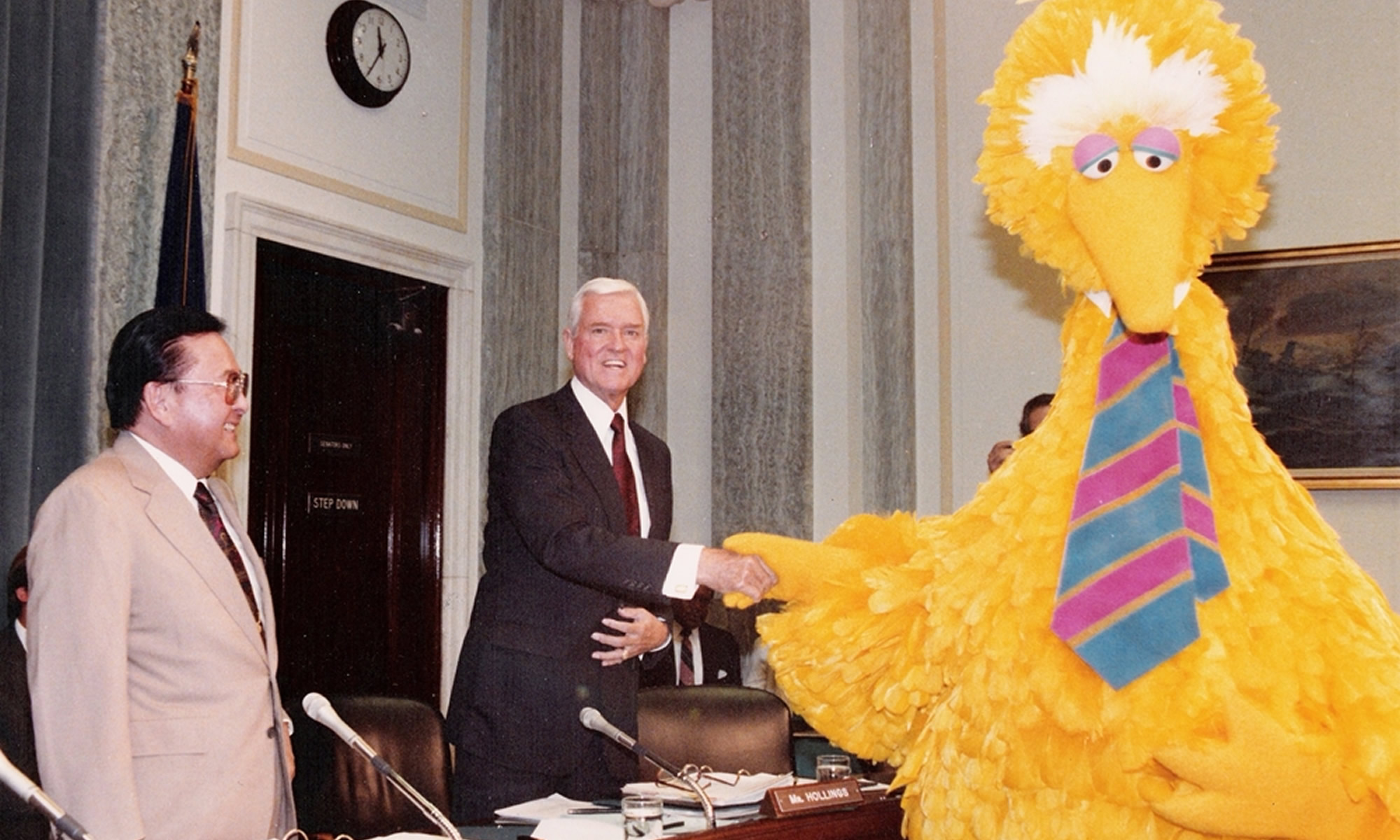By ERNEST F. HOLLINGS, former U. S. senator
 MARCH 9, 2016 — In 1948, we Democrats (at the time) were taught to be conservative. Rule 22 (Now 5.5) of the House of Representatives required that before any spending bill could receive second reading and presented for debate, it had to be accompanied by a certificate from the Controller that the spending was taken care of. On becoming governor in 1959, I raised taxes, got the state operating in the black, and in 1961, South Carolina received a AAA credit rating from Moody’s and Standard & Poor in New York — the first Southern state to ever receive a AAA credit rating.
MARCH 9, 2016 — In 1948, we Democrats (at the time) were taught to be conservative. Rule 22 (Now 5.5) of the House of Representatives required that before any spending bill could receive second reading and presented for debate, it had to be accompanied by a certificate from the Controller that the spending was taken care of. On becoming governor in 1959, I raised taxes, got the state operating in the black, and in 1961, South Carolina received a AAA credit rating from Moody’s and Standard & Poor in New York — the first Southern state to ever receive a AAA credit rating.
In Washington, both the Democrats and Republicans struggle to pay for government. In 1992, President George H.W. Bush broke his pledge to Grover Norquist against an increase in taxes – but not enough to balance the budget. In 1993, Democrats cut spending $250 billion and raised taxes $250 billion — without a single Republican vote in the House or Senate in support of the initiative. Congressman Newt Gingrich was on a high horse with his “Contract with America” forbidding any Republican support, but we won out without a single Republican vote. This initiative, with the Telecommunications Reform Act of 1996 and Welfare Reform in 1998, permitted Congress to give President George W. Bush a balanced budget in 2001.
But President Bush cut taxes, started wars, added prescription drugs to Medicare, stimulated and bailed out – all without paying for them, increasing the national debt $5 trillion in eight years. The United States paid for all its wars, depressions, recessions, etc., and it took over 200 yaers for the U.S. to incur a national debt of $1 trillion in 1981. Now, we are increasing the debt five times in eight years. Prepared to go into Iraq in March 2003, in January 2003, I introduced a tax to pay for the Iraq War. We always believed in not only sacrifice on the battle field but sacrifice at home. When I sought support for my tax, Democratic friends said Republicans didn’t help us balance the budget in 1993 and we are not about to pay for President Bush’s spending now.
Congress has just enacted a budget with no idea of paying for government. According to the Congressional Budget Office, it requires borrowing another half trillion at the end of the fiscal year, September 30, to keep the doors open. No one discusses this borrowing. With a balanced budget in 2001, we borrowed $5 trillion for the next eight years. During the eight years under President Obama we have borrowed $8.4 trillion. Interest rates are near 0 percent today but when we face reality with interest costs at 5 percent, the interest costs on this $13.4 trillion would cause the Congress to add $670 billion to the national debt – total waste. The first thing you learn as a member of the Senate Budget Committee is that you’ve got to pay the interest costs on the national debt.
According to conservatives, the government is too big. The government is not too big. The debt is too big and conservatives are pledged to make the debt bigger.
Total waste.
U.S. Sen. Fritz Hollings of South Carolina served 38 years in the United States Senate, and for many years was Chairman of the Commerce, Space, Science & Transportation Committee. He is the author of Making Government Work (University of South Carolina Press, 2008).
© 2016, Ernest F. Hollings. All rights reserved. Contact us for republication permission.
